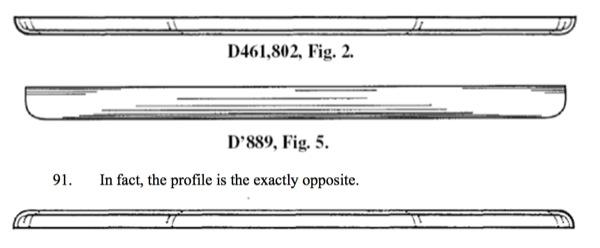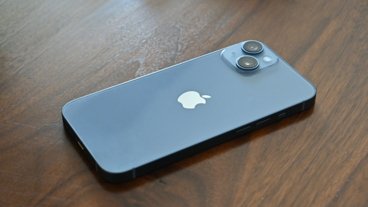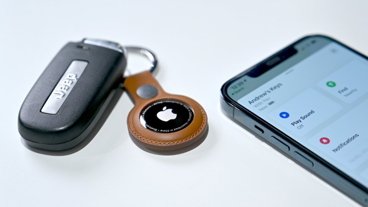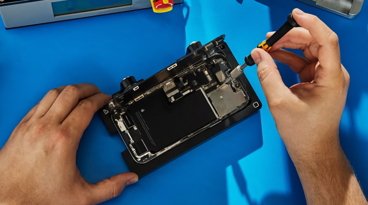Apple offered alternative designs for Galaxy Tab to protect patents
Public versions of legal briefs released on Friday reveal that Apple had to illustrate the design of the iPad and iPhone were based on aesthetics by giving Samsung a list of tweaks it could make to differentiate the two tablets, reports The Verge.
The Korean electronics company argued that the patents Apple is using against the Galaxy Tab were based on functionality, and are thus required by all smartphones and tablet computers as part of a basic utilitarian design.
Samsung says that it had no choice but to use the design elements in question, but Apple asserts that other options were available and that the Korean company purposely violated standing patents. To prove its point, the Cupertino, Calif. tech giant generated a list of possible alternatives that included:
- A front surface that is not black.
- A shape that is not rectangular.
- No rounded corners.
- A front surface that is not flat.
- Varying Bezel size.
- A device that is not thin.
- A cluttered appearance.
In response, Samsung made slight changes to its device and rebranded it the Galaxy Tab 10.1N to skirt a permanent ban in Germany. Apple, however, did not feel the changes were substantial enough to warrant the lifting of the injunction, and asked the German court to ban the remodeled version as well.
The news is an interesting side-note to the ongoing worldwide patent dispute in which the two companies are currently embroiled. Apple has won two injunctions, in Germany and Australia, however the latter was recently overturned and is under appeal.
Illustration from court brief comparing iPad and Galaxy Tab profiles | Source: The Verge
 Mikey Campbell
Mikey Campbell











 Andrew Orr
Andrew Orr
 Sponsored Content
Sponsored Content
 Malcolm Owen
Malcolm Owen

 William Gallagher
William Gallagher

 Mike Wuerthele
Mike Wuerthele
 Christine McKee
Christine McKee







